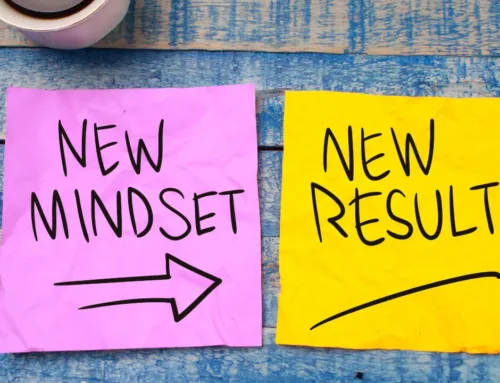Baltimore Business Journal – by Mitch Halbrich
Date: Monday, August 1, 2011
When you are interviewing for a job, it is important to remember that just as the employer is evaluating you, you should be evaluating the employer.
After all, a job adds up to more than take-home pay and benefits. At best, it is challenging and fulfilling, offering you opportunities to excel and be recognized for contributions to your employer's success.
With this in mind, your objectives when interviewing for a job should be two-fold: one, convincing the interviewer that you are the right person for the job and, two, assessing whether the employer is right for you.
Here are some tips to help you do just that:
Identify your career goals.
The first step in finding the right employer is defining your professional goals. If you've never done this, you may find the process surprisingly revealing.
Ask yourself what you are hoping to achieve in both the short-term and long-term. For instance, you may want to be recognized as an expert in your field and make steady progress up the career ladder to a top executive position.
Perhaps you have an entrepreneurial spirit and want to start your own business someday, so you need a job that will allow you to practice and develop your business skills. Or you may be looking for a job that allows you to further your education or pursue other interests in your life.
Be as specific as possible, and write your goals down so you can refer to them when you are preparing for an interview or, further down the road, when you assess your career progress.
Define the criteria you will use to evaluate the employer.
When employers interview candidates, they first develop job descriptions and identify the qualifications candidates must have to perform the required work. If you turn the tables and think of a prospective employer as the candidate, you need to identify the qualifications the employer must have to help advance your professional goals.
This will result in a list of criteria you will use to evaluate the prospective employer. Examples of criteria you may want to consider are:
o Emphasis on ongoing professional education.
o Your boss's leadership style and accessibility.
o A mandatory annual performance review system.
o A culture that encourages and rewards innovation.
o Opportunities for growth and advancement.
o The company's potential for growth and diversification.
o The company's reputation in the industry.
o Opportunities to travel.
o The company's culture and employee relations.
Note that this list is not comprehensive. Depending on your personal goals, your list may contain other criteria.
In addition, while salary, benefits and perks certainly are important when choosing an employer, they are not on this list. You will be wise to consider the specifics of compensation as the final criteria. A large salary may be attractive, but it will not make you love your job on a day-to-day basis.
Perform pre-interview research.
It is always smart to research a company before an interview. Besides helping you evaluate the company as a potential employer, it demonstrates that you are interested enough to spend time doing your homework.
There are many resources for locating information about a company and the employees with whom you would be working closely. Among these resources are:
o The company's website.
o Publications available on the Internet, such as news articles, press releases, speeches and white papers.
o Marketing collateral.
o Members of professional and industry associations.
o Current and former employees.
o Annual reports and SEC filings such as 10Qs.
o Dunn & Bradstreet and other research organizations.
As you perform your research, refer back to the evaluation criteria you developed. Whether the company meets some or all of your criteria may become clear the deeper you dig. If you are still missing information, develop questions that will gain the information you want while showing the employer that you are a serious candidate.
Make the most of interview opportunities.
Up to this point, you have focused on the information you need.
It is important to remember, however, that the interviewer, not you, will drive the interview process, and the interviewer's purpose is not the same as yours. You may inject your questions in the conversation where it is appropriate to do so, but be polite and wait for your turn. As you do, you will have a chance to assess the interviewer's personal style and leadership–both important assets.
But your real opportunity to ask questions may not arise until the end of the interview, when the interviewer asks if you have further questions.
And what if the interviewer concludes the interview without allowing you to ask questions? That may mean the employer is not the right one for you.
Mitch Halbrich is senior managing director in the Baltimore office of the Mergis Grouo. He can be reached at [email protected]
Share This Story, Choose Your Platform!
What our happy clients are saying
Contact Us for a Free Consultation
Tell us more about your business and how we can help.











